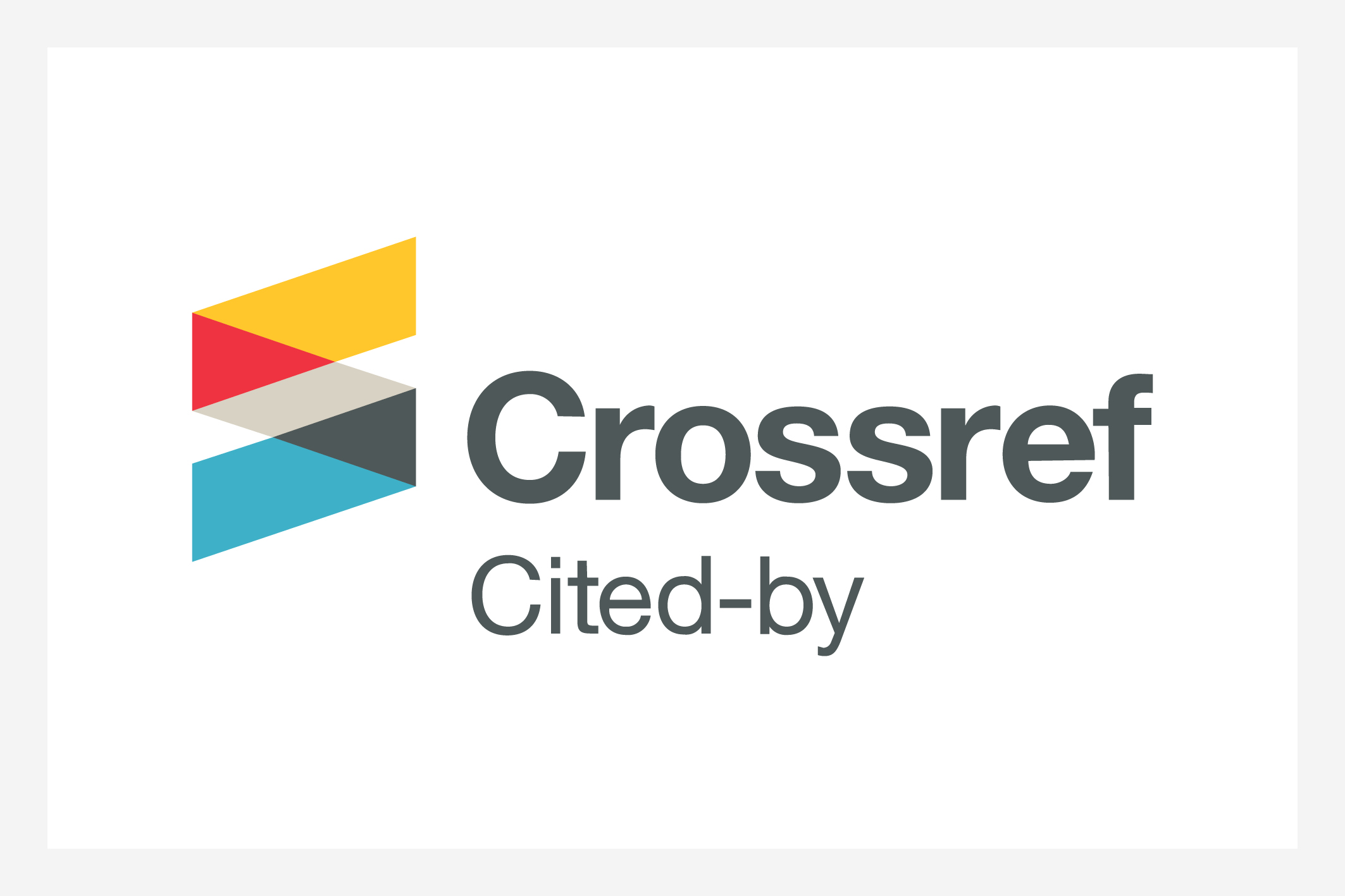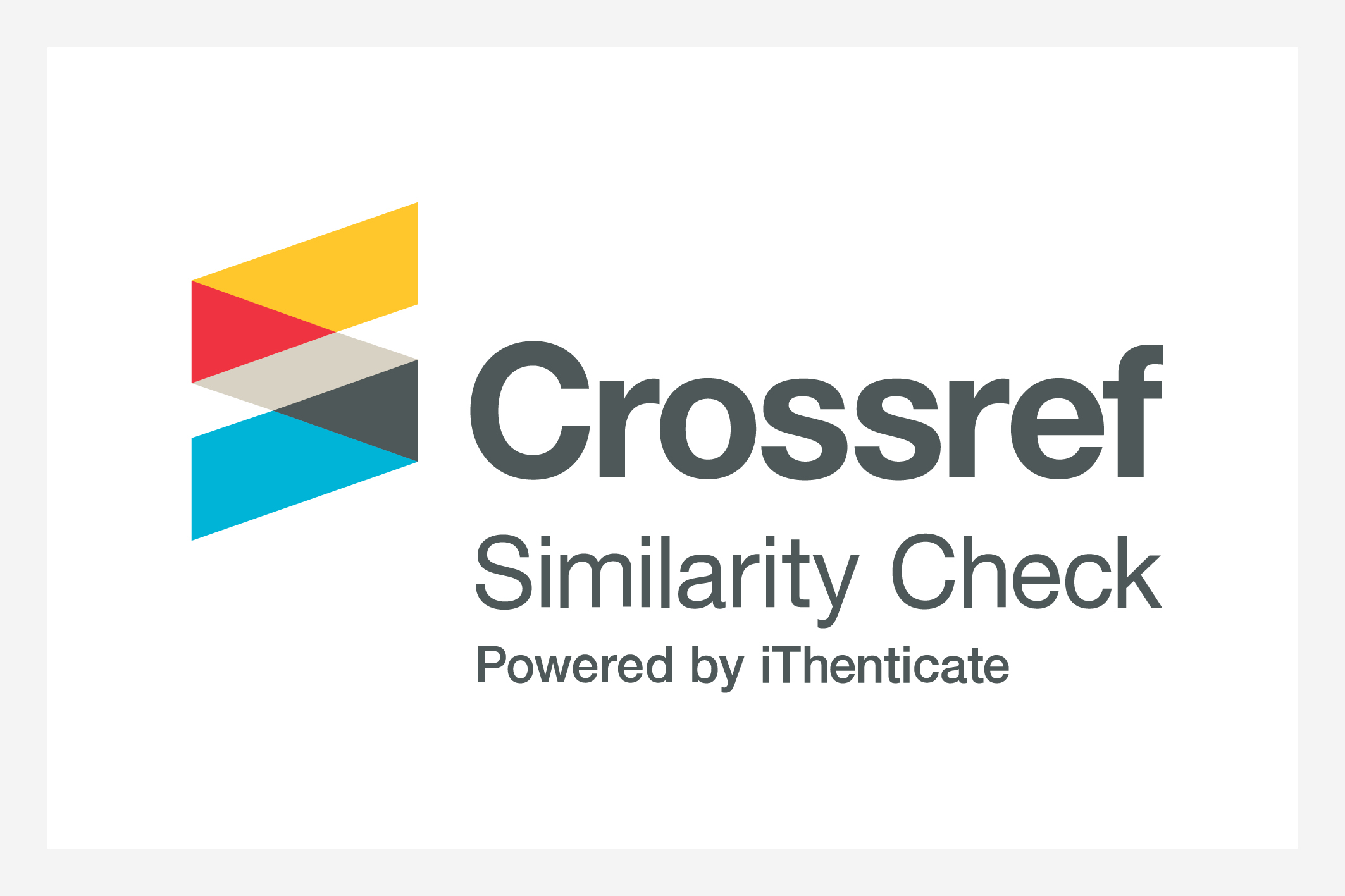
An Analysis of Ephraim Amu’s Yℇn Ara Asase Ni to Address Environmental Crisis in the Ghanaian Context
Issue: Vol.11 No. 10 2025 Issue Article 2 pp. 516-526
DOI : https://doi.org/10.38159/erats.202511102 | Published online 28th October, 2025.
© 2025 The Author(s). This is an open access article under the CCBY license (http://creativecommons.org/licenses/by/4.0/).
This research analysed the cultural, religious and environmental importance of the renowned composition of the first stanza of Owura Ephraim Amu, Yɛn Ara Asase Ni (This is Our Own Land), in the contemporary Ghanaian setting. The objective was to examine how Amu’s song, grounded in African theology and nationalism, expresses a vision of communal stewardship of land that remains vital in the face of the growing environmental crisis in Ghana. The study utilised a thematic analysis of the lyrics of the song, supported by an examination of environmental literature pertaining to land degradation, illicit mining, deforestation, and water pollution in Ghana. The findings indicate that Yɛn Ara Asase Ni resonates well when interpreted in an environmental context. Nimdeɛ ntraso, nkotokrane ne apɛsɛmenkomenya were identified as the negative attitudes affecting our land. The study draws attention to how the song’s message might influence love for the environment in contemporary Ghanaian society. The study recommends that the song Yɛn ara asaase ni be intentionally incorporated into environmental awareness campaigns, religious gatherings, and educational programmes to inspire a deeper sense of ecological responsibility and national pride. This study, therefore, contributes to scholarly discussion on environmentalism by presenting Yɛn Ara Asaase Ni as a cultural archive of ecological wisdom. Hence, by analysing the song and especially some key words in the Twi expression, the study shows how environmental values and a communal responsibility for the land are embedded in some Ghanaian patriotic songs. The study further adds to how Ghanaian musical traditions can be used to address pressing environmental concerns in contemporary times, therefore, bridging the gap between Ghana’s oral heritage to contemporary environmental consciousness.
Keywords: environment, nimdeɛ ntraso, nkotokrane, apɛsɛmenkomenya
Abate, Randall S. Climate Change and the Voiceless: Protecting Future Generations, Wildlife, and Natural Resources. Cambridge University Press, 2020.
Agawu, Kofi. “The Amu Legacy: Ephraim Amu 1899-1995.” Journal of the International African Institute 66, no. 2 (April 7, 1996): 274–79. https://doi.org/10.1017/S0001972000082437.
Agyemang, Fred. Amu, the African: A Study in Vision and Courage. Asempa Publishers, Christian Council of Ghana, 1988.
Amanor, Kojo. Land, Labour and the Family in Southern Ghana: A Critique of Land Policy under Neo-Liberalisation. Nordic Africa Institute, 2001.
Asamoah-Gyadu, Johnson Kwabena. “O’er Heathen Lands Afar: Missionary Hymnody and Ephraim Amu’s Mussings in the Context of Christianity as a Non-Western Endeavour.” Journal of African Christian Thought 20, no. 1 (2017): 43–45.
Awuah-Nyamekye, Samuel. “Salvaging Nature: The Akan Religio-Cultural Perspective.” Worldviews 13, no. 3 (2009): 251–82.
Duodu, Cameron. “Beneath The Veneer of Ghana’s Cultural Magnificence.” GBC, 2018. gbcghanaonline.com/news/kudos-kofi-darko-asante-youve-burst-through-the-culture-of-indifference/2018/.
Eschelbach, Michael A, Curtis P Giese, and Paul Puffe. Called to Be God’s People: An Introduction to the Old Testament. Vol. 1. Wipf and Stock Publishers, 2006.
Hourdequin, Marion. Environmental Ethics: From Theory to Practice. Bloomsbury Publishing, 2024.
Howell, Allison M. “African Spirituality and Christian Ministry: ‘Discerning the Signs of the Times’ in Our Environment and Community.” Journal of African Christian Thought 20, no. 1 (2007).
Kotey, Paul A. “Nana” in Concise Dictionary: Twi-English, English-Twi. (No Title). New York: Hippocrene, 2007.
Laryea, Philip T. Ephraim Amu: Nationalist, Poet and Theologian (1899-1995). Akropong-Akuapem: Regnum Africa, 2012.
———. Patriotism and Nation Building: Perspectives from the Life and Utterances of Ephraim Amu. African Books Collective, 2017.
Mante, J. O. Y. Africa Theological and Philosophical Root of Our Ecological Crisis. Accra: Son Life Press, 2004.
Mbiti, John S. African Religion and Philosophy. London: Heinemann, 1969.
Narmer, Amenuti. “Amu’s Ghana National Anthem versus Gbeho’s Sunday School Song,” 2025. https://grandmotherafrica.com/amus-ghana-national-anthem-versus-gbehos-sunday-school-song/.
Neequaye, George K. “African Ethics Of Responsibility: Overcoming The Blame Syndrome In African Communalism.” Quest Journals, Journal of Research in Humanities and Social Science 6, no. 12 (2018).
Obeng, Elizabeth Asantewaa, Kwame Antwi Oduro, Beatrice Darko Obiri, Haruna Abukari, Reginald Tang Guuroh, Gloria Djaney Djagbletey, Joseph Appiah-Korang, and Mark Appiah. “Impact of Illegal Mining Activities on Forest Ecosystem Services: Local Communities’ Attitudes and Willingness to Participate in Restoration Activities in Ghana.” Heliyon 5, no. 10 (2019).
Osei, Joseph. “The Value of African Taboos for Biodiversity and Sustainable Development.” Journal of Sustainable Development in Africa 8, no. 3 (2006).
Vaah, Elizabeth. “Yɛn Ara Asase Ni. .” YouTube Video, April 26, 2025. https://www.youtube.com/watch?v=QXfOTJgVkDc&t=4s.
World Bank Group. Ghana: Country Environmental Analysis. Washington DC: The WorldBank, 2020.
Yeboah-Asiamah, Emmanuel. “Theory and Practice of Governance Collaboration: Institutional Assessment in Collaborative Natural Resource Governance.” Stellenbosch University, 2018.
Daniel Yeboah Laryea is a PhD student at the University of Pretoria, South Africa. He holds a Master of Theology and a Master of Divinity, both from Trinity Theological Seminary, Accra. He also holds a Bachelor of Science in Land Economy from the Kwame Nkrumah University of Science and Technology. Laryea’s research interests include Dogmatics and Christian Ethics, Environmental Ethics, and African Christianity, among others. He is a Reverend Minister of the Presbyterian Church of Ghana (PCG) and currently oversees the PCG congregations in South Africa.
Laryea, Daniel Yeboah. “An Analysis of Ephraim Amu’s Yℇn Ara Asase Ni to Address Environmental Crisis in the Ghanaian Context.” E-Journal of Religious and Theological Studies 11, no.10(2025): 515 – 526. https://doi.org/10.38159/erats.202511102.
© 2025 The Author(s). Published and Maintained by Noyam Journals. This is an open access article under the CCBY license (http://creativecommons.org/licenses/by/4.0/).
Featured
Others










